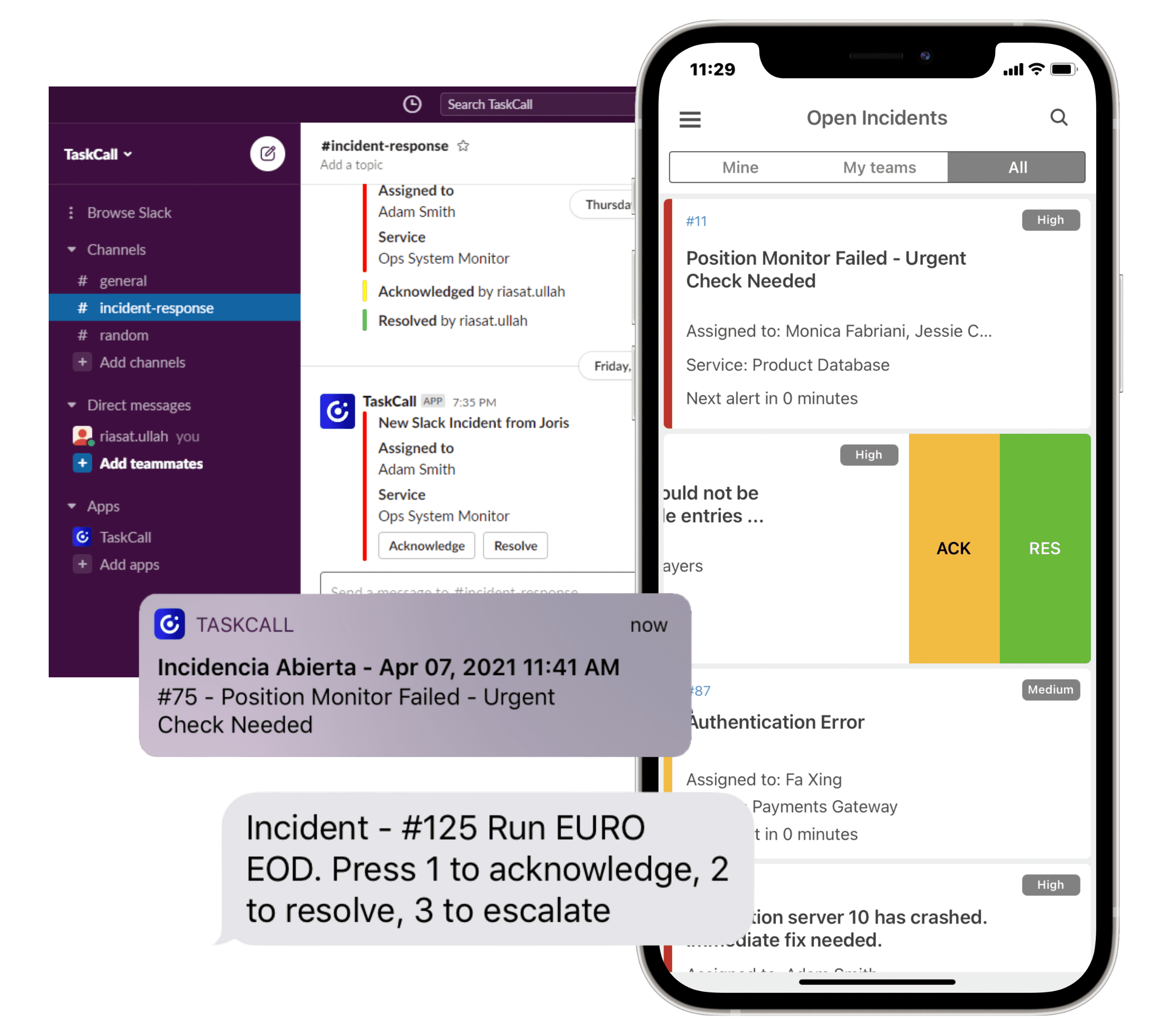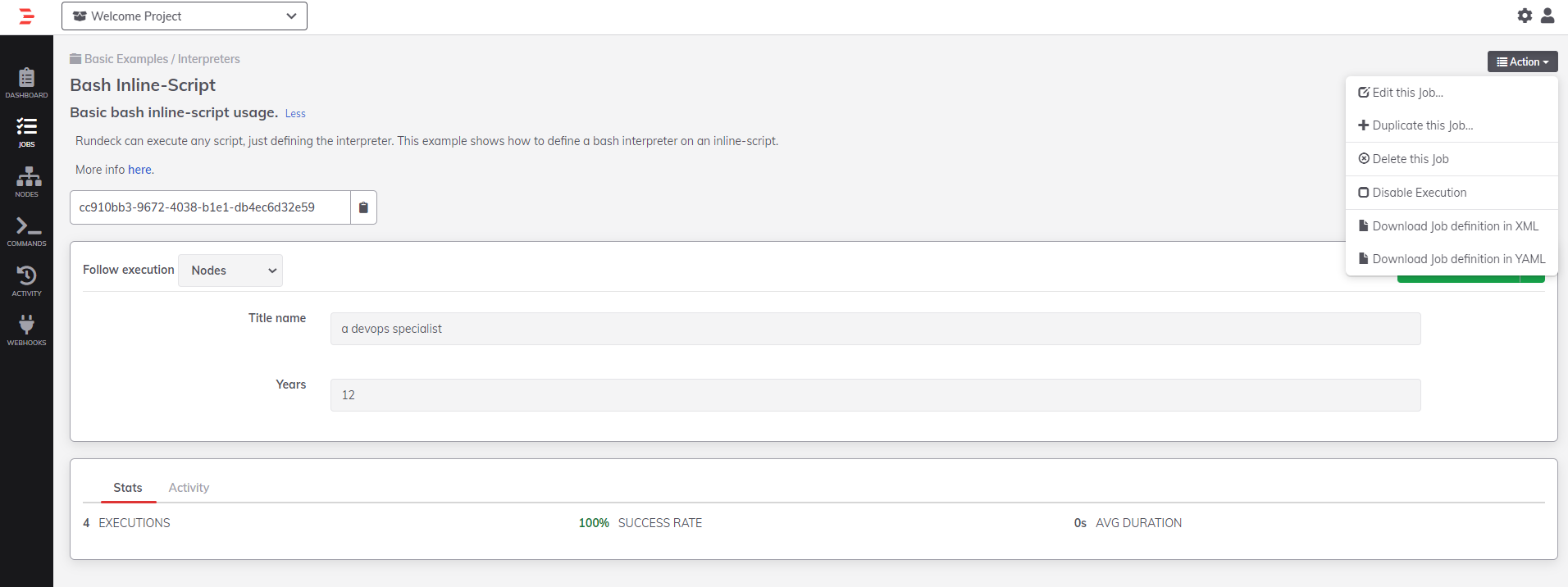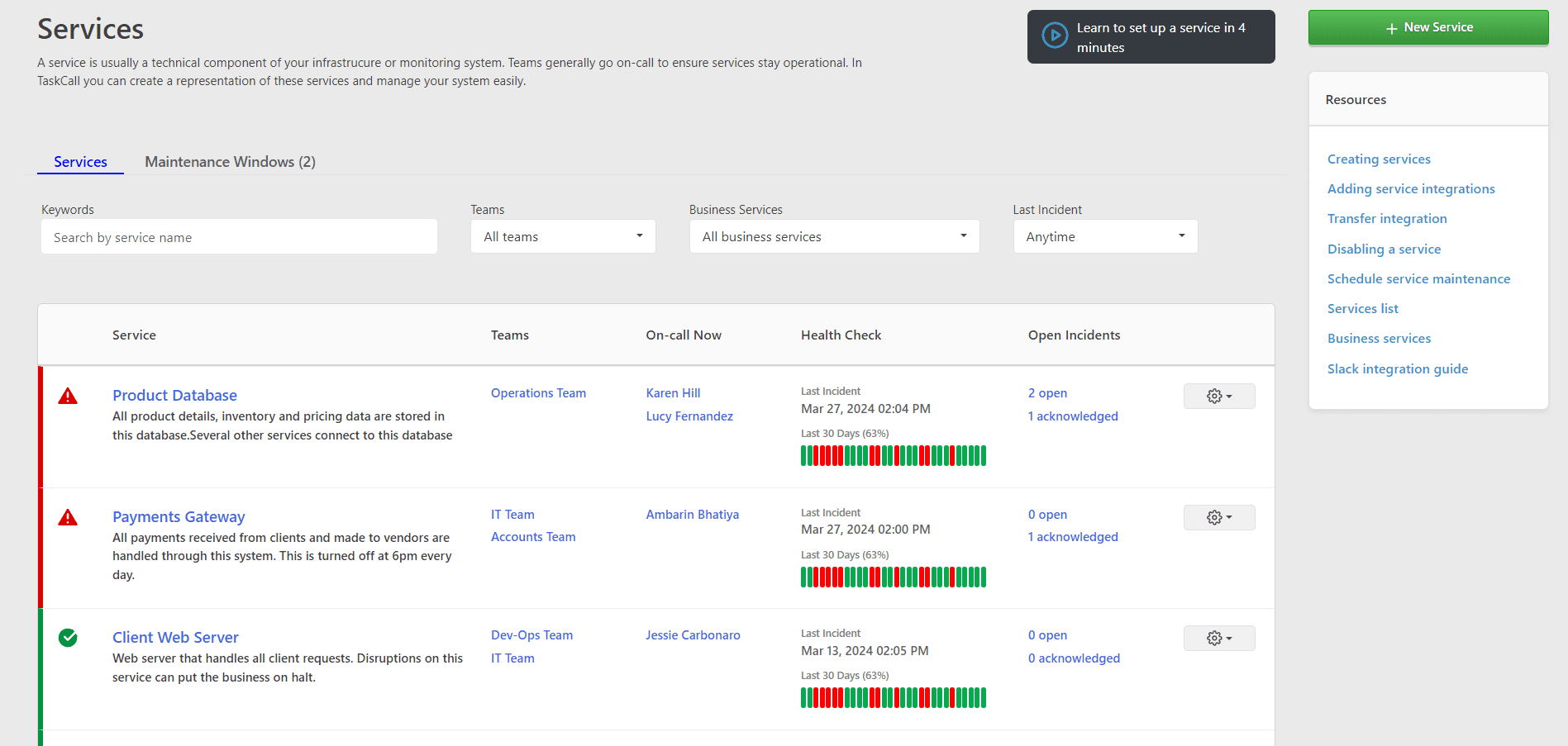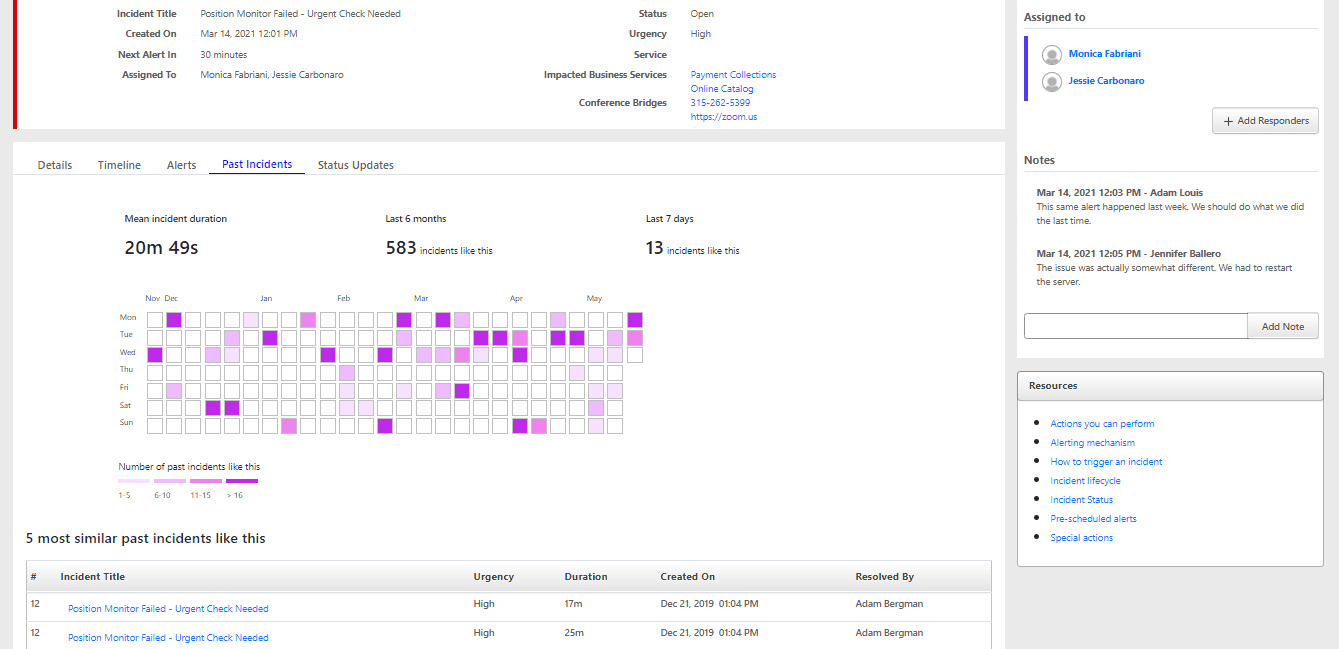What Is Cybersecurity Incident Response?
Cybersecurity incident response is the structured process organizations follow to detect, investigate, and resolve security threats such as data breaches, ransomware, and system intrusions. It involves identifying incidents in real time, containing the threat, mitigating damage, and restoring normal operations. A well-defined cybersecurity incident response plan helps minimize downtime, protect sensitive data, and reduce financial and reputational risks. It is a core function of modern cybersecurity incident management, empowering teams to respond swiftly and effectively to evolving threats.
Why Cybersecurity Incident Management Matters Today
Cyber threats are more sophisticated and frequent than ever, targeting businesses of all sizes with ransomware, phishing, and zero-day attacks. Without an effective cybersecurity incident management strategy, organizations risk data breaches, financial loss, and compliance violations. Quick detection, response, and containment are essential to protect critical systems and maintain customer trust. As attack surfaces grow, modern security operations require real-time visibility, automation, and coordinated response to stay ahead of threats.
Time is Critical in Cybersecurity Incident Response
Every second matters during a security incident. The longer the incident lasts the deeper it can infiltrate, resulting in a system breach and potentially important data compromise. DevSecOps teams need to act fast to launch a full scale response to mitigate the effects. Without a systematic approach to addressing the response, precious time will be lost. Digitizing the process with TaskCall's real-time operations platform can enable a company-wide mobilization that will help contain the impact and keep your infrastructure protected.
How TaskCall Supports Real-Time Cybersecurity Response
TaskCall equips security and DevOps teams with the tools they need for fast, coordinated cybersecurity incident response. It automates alert routing, threat escalation, and diagnostics to reduce response time and eliminate manual errors. TaskCall integrates with collaboration tools like Slack, Teams, voice, and SMS ensure no critical update is missed. TaskCall also supports real-time communication between SOC teams, engineers, and stakeholders. With full visibility and control, organizations can contain threats quickly and protect sensitive data.
Automated Workflows to Contain and Resolve Security Incidents
TaskCall enables automated workflows that streamline the entire cybersecurity incident response process — from detection to resolution. When a threat is detected, predefined workflows trigger immediate alerts, escalate to the right teams, and initiate diagnostic actions without manual intervention. This automation reduces response time, eliminates false positives, and ensures consistent execution of your incident response plan. By automating containment and remediation steps, organizations can resolve security incidents faster and with greater accuracy.
Streamline Cybersecurity Incident Management with TaskCall
TaskCall is designed to facilitate different teams at the same time. Bring you DevSecOps team to the same platform as your DevOps and ITOps teams to work hand in hand during a cybersecurity incident. Retain one source of truth and visibility to engage teams lower down in the funnel to communicate effectively with internal and external stakeholders.
Use multi-level notifications to assemble the right teams as soon as the incident occurs. Let teams take ownership of their own systems and processes for better task delegation and impact analysis. Use automation to diagnose impact across your system so you can stay focused on the parts that require attention. As your teams work as a single unit, security impact is brought under control and a resolution is reached in the fastest possible time.
Don't lose money from downtime.
We are here to help.
Start today. No credit cards needed.
81% of teams report response delays due to manual investigation.
Morning Consult | IBM
Global Security Operations Center Study Results
-- March 2023



